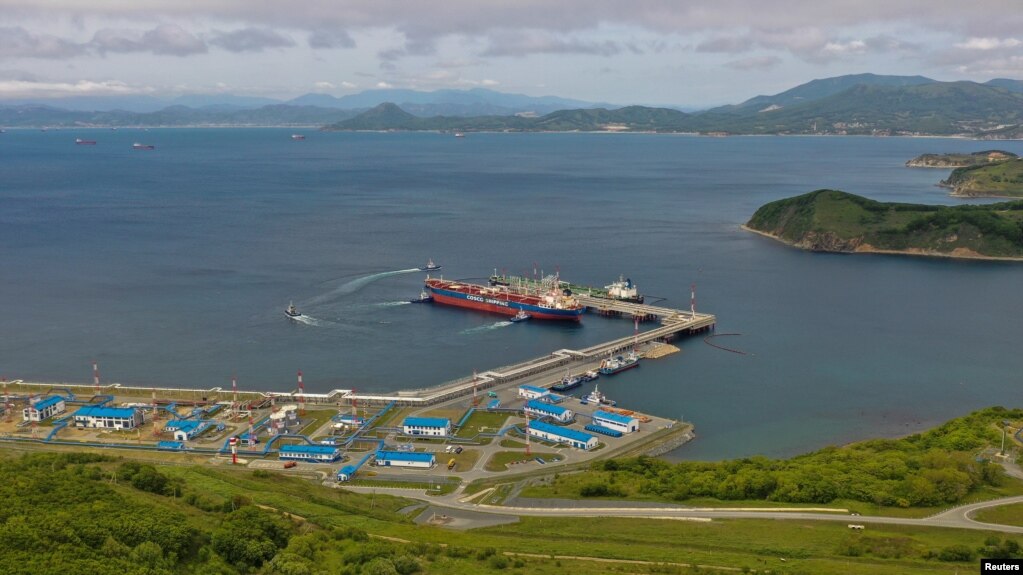
WASHINGTON — The Kremlin said on Thursday (November 24) that Russia does not plan to supply oil and gas to countries that support price caps on Russian oil exports, but will make a final decision after analyzing all data.
The Group of Seven industrialized countries (G7) is brewing and proposing to limit the price of Russian oil exports by sea to 65-70 US dollars a barrel, but the EU governments have not yet agreed on the specific price and plan to do so on Thursday. Continue the discussion.
Officials from the 27 EU member states met late into the evening on Wednesday, but were unable to agree on a ceiling on the price countries outside the bloc would pay for Russian oil imports. U.S. and Ukrainian allies have pushed for the step to stop Russia from using profits from oil exports to finance its war of aggression against Ukraine.
The price limit on Russian oil imports must be finalized by December 5, because from this date, the European Union's boycott of Russian oil imports will start to be implemented.
"So far, we stand by President Putin's position that we will not supply oil and gas to countries that have designated and joined the price cap," Kremlin spokesman Dmitry Peskov was quoted by Reuters as saying on Thursday. Speaking to reporters.
"But we need to analyze all the circumstances before forming our position," Peskov said.
The EU's boycott of Russian oil imports applies only to EU member states, but in order to further limit Russia's fiscal revenue, the EU hopes to limit the price of Russian oil purchased by countries outside the EU. Russian crude can only be sold outside of Europe and must be traded below a price ceiling.
Russia has repeatedly stated that it will ignore the price-limiting measures of Western countries, and observers also believe that even if a consensus is reached on this policy, it will be difficult to implement.
The United States and Europe have imposed comprehensive sanctions and boycotts on Russia since the outbreak of Russia’s invasion of Ukraine, stripping Russia from the international financial market and making oil exports, Russia’s largest foreign exchange earner, encounter difficulties in settlement and transportation. The implementation of restrictions on the price of Russia's oil exports to countries outside the EU is full of complexity and variables, because the restriction and reduction of Russia's oil exports may cause oil shortages, which will not only lead to a rise in oil prices, but also cause a surge in global inflation.
Urals crude, the benchmark for Russian oil prices, has traded at $60-$100 a barrel for the past three years, compared with around $65-$75 a barrel for the past three months.
The New York Times quoted diplomatic sources familiar with the matter as saying that officials from some EU countries, especially Poland and other countries that support Ukraine, believe that the price ceiling of 65 to 70 U.S. dollars a barrel proposed by the G7 is too high and should be significantly lowered to really limit Russia's oil revenues.
Countries such as Greece, Cyprus and Malta, because they have considerable interests in the maritime transportation of Russian oil, hope to increase the price ceiling of Russian oil exports significantly, even to a level that exceeds the current actual price.
France, Germany and Italy, which are also members of the Group of Seven, believe that the price ceiling for Russia's oil exports proposed by the Group of Seven is the most appropriate, and there must be some flexibility in its implementation. They stress that, as the US says, it must be done if oil shortages are to be avoided.



0 Comments